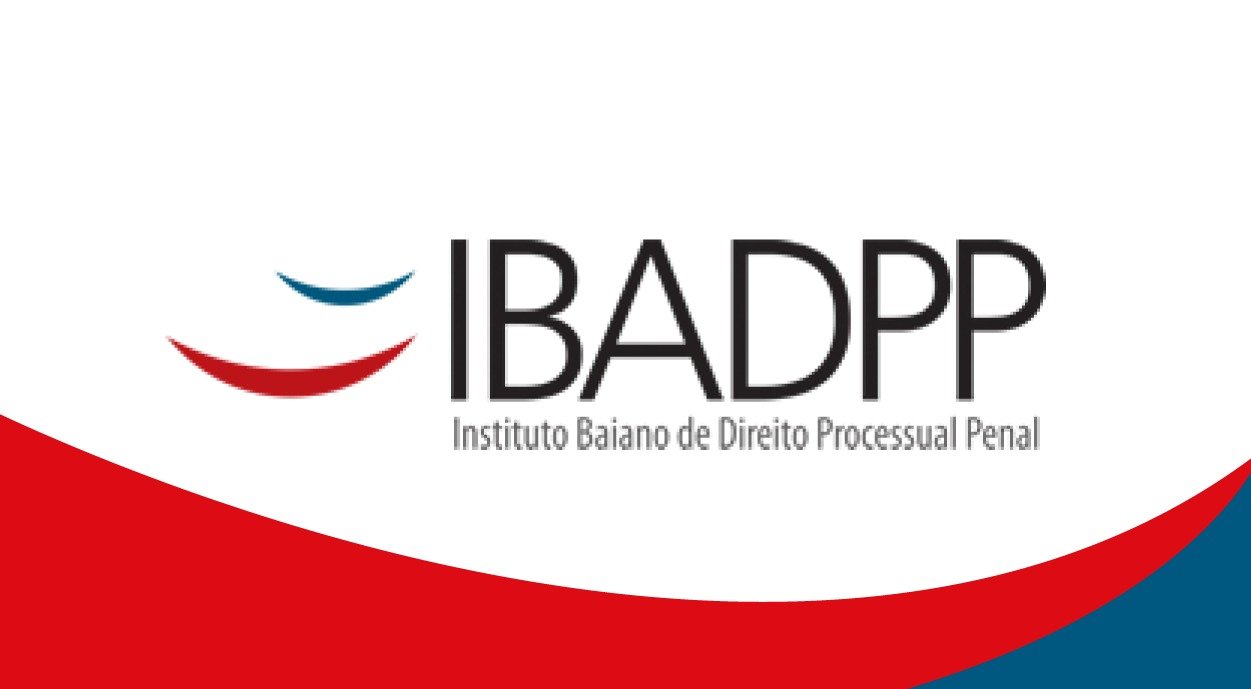Fictio Iuris
In the intricate fabric of the business world, a persistent and tangible disparity emerges, questioning the fairness of opportunities between men and women in executive positions. The uneven gender presence in leadership roles has been a enduring reality despite advances in the struggle for gender equality in various spheres. From a legal perspective, this phenomenon not only raises ethical questions but also challenges the fundamental principles of equality and respect for human rights.
Gender equality is not merely a moral issue but is rooted in numerous international documents advocating for human rights, such as the Universal Declaration of Human Rights and the Convention on the Elimination of All Forms of Discrimination against Women (CEDAW). These legal instruments not only urge equal opportunities but also compel states and organizations to take affirmative measures to eliminate any form of gender discrimination.
In the business context, gender disparity in executive roles not only reflects an evident injustice but also reveals a violation of fundamental human rights principles. The lack of equitable representation not only limits opportunities for women but also undermines the diversity and wealth of perspectives essential for sound and equitable decision-making in any organization.
Legally, several countries have implemented measures to address this disparity. From imposing gender quotas on boards of directors to adopting equal pay policies, jurisdictions have actively sought to close the gender gap in the business realm. However, effective implementation and enforcement of these measures are often ongoing challenges.
The lack of female representation in leadership positions also raises questions about the effectiveness of accountability mechanisms and compliance with existing standards. It is crucial that companies not only comply with regulations but also embrace an inclusive corporate culture that promotes diversity at all hierarchical levels.
Ultimately, gender disparity in executive roles is not just a matter of equity but also a challenge to fundamental legal principles. Advocating for gender equality is not only a moral imperative but a legal obligation that everyone must embrace to build a more equitable and human rights-respecting business world. Gender diversity not only enriches businesses but also strengthens the very fabric of a just and equitable society. It is time to break the glass ceiling once and for all and build a future where equal opportunities are the norm, not the exception.
Imagem Ilustrativa do Post: sem nome // Foto de: CopperScaleDragon // Sem alterações
Disponível em: https://www.flickr.com/photos/copperscaledragon/26749818602
Licença de uso: http://creativecommons.org/licenses/by/4.0/legalcode





